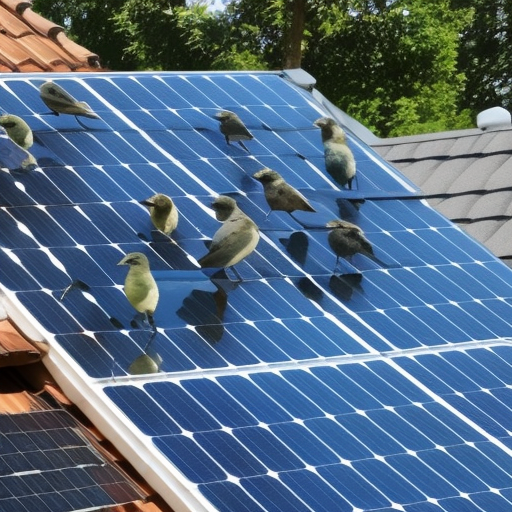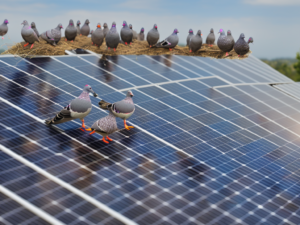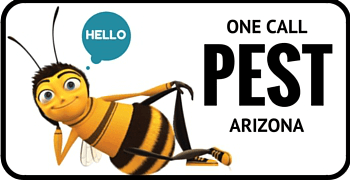
Solar panels can be an excellent source of renewable energy, but they also attract unwelcome guests such as birds. Although it is normal for birds to build nests and seek protection, it is essential to prevent them from breeding on or near your solar panels. In addition to obstructing sunlight and reducing the effectiveness of your solar panels, nests can also cause a mess and harm your equipment. Here are some suggestions for preventing birds from breeding on solar panels:
 Install physical barriers: Installing physical barriers is one of the most effective techniques to prevent birds from nesting in your solar panels. This may involve bird netting, mesh screens, plastic owls or other ornamental deterrents. These obstacles will assist in keeping birds away from your panels and discourage nesting.
Install physical barriers: Installing physical barriers is one of the most effective techniques to prevent birds from nesting in your solar panels. This may involve bird netting, mesh screens, plastic owls or other ornamental deterrents. These obstacles will assist in keeping birds away from your panels and discourage nesting.
Birds are drawn to places that provide food, shelter, and nesting materials. Keep the area surrounding your solar panels clean. To prevent them from nesting in your solar panels, keep the space surrounding them clean and free of dirt. This involves the removal of any fallen branches, leaves, or other materials that could be used by birds to build nests.
Remove existing nests: If you discover a nest in or around your solar panels, you should remove it immediately. In many regions, it is unlawful to damage or remove active bird nests. This might be hard. If the nest is abandoned or inactive, however, you can remove it carefully and dispose of it properly.
Birds are especially attracted to lofty trees and bushes because they give excellent viewpoints for hunting and protection from predators. Consider pruning nearby trees and bushes to limit the probability of birds nesting in your solar panels.
Use ultrasonic devices: Ultrasonic devices are another alternative for preventing birds from nesting in your solar panels. These gadgets create sounds with a high frequency that are unpleasant to birds but inaudible to people.
Install a bird spike strip: A bird spike strip is another physical barrier that can effectively prevent birds from nesting in your solar panels. These plastic or metal strips are intended for installation along the margins of your panels. They offer a physical barrier that prevents birds from landing, making nesting difficult.
Use reflecting or shining materials: Birds are often deterred by reflected or shiny surfaces, as they perceive them as potential threats. Consider using reflective tape or other reflective materials to keep birds away from your solar panels.
Use a decoy predator: The presence of a decoy predator, such as a plastic owl or hawk, may repel certain birds. Place these decoys near your solar panels to create the illusion of a predator and deter birds from nesting there.
If you are having difficulty preventing birds from nesting in your solar panels, you may want to consider contacting a professional bird control service. These professionals can evaluate your unique scenario and offer the most effective methods for keeping birds away from your solar panels.
It is necessary to prevent birds from nesting in your solar panels to maintain the efficiency and efficacy of your renewable energy system. By adhering to these guidelines and collaborating with a top-rated bird control service in Phoenix, such as Rid a Bird Pest Control in Phoenix AZ, you can maintain your solar panels free of nests and ensure their optimal performance.





